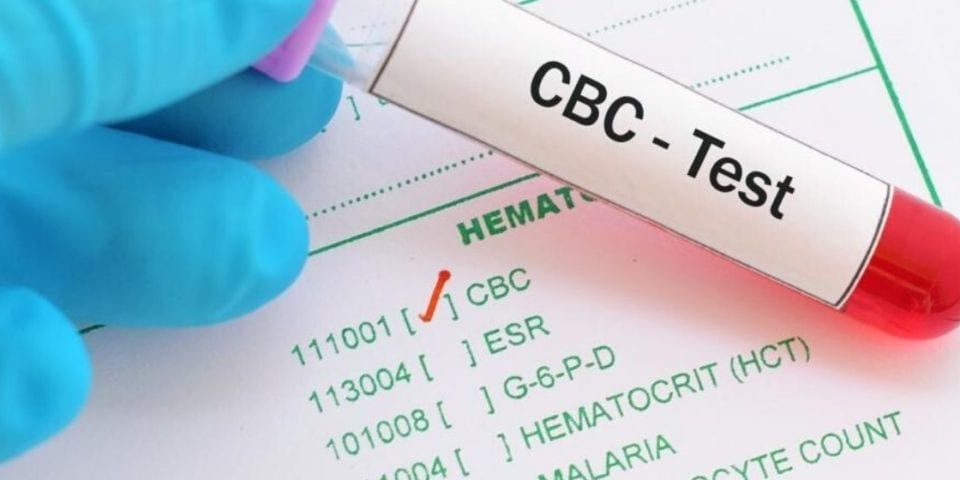Understanding the Significance of a Complete Blood Count (CBC) Test
A Complete Blood Count (CBC) test is one of the most common and essential diagnostic tools in the realm of healthcare. It offers a comprehensive analysis of a person’s overall health by examining the different components that make up their blood. This invaluable test provides healthcare professionals with crucial insights into a patient’s well-being and aids in the diagnosis, monitoring, and treatment of various medical conditions.
What Does a CBC Test Measure?
A CBC test assesses several key components of the blood, including red blood cells (RBCs), white blood cells (WBCs), platelets, hemoglobin, hematocrit, mean corpuscular volume (MCV), mean corpuscular hemoglobin (MCH), and mean corpuscular hemoglobin concentration (MCHC). Each component plays a unique role in maintaining the body’s overall health and functionality.
Red Blood Cells (RBCs): RBCs carry oxygen from the lungs to all parts of the body, providing essential energy for various bodily functions. A CBC measures the quantity and quality of these cells, helping diagnose anemias and other blood disorders.
White Blood Cells (WBCs): WBCs are the body’s defense against infections. An abnormal WBC count may indicate the presence of an infection or an underlying immune system disorder.
Platelets: Platelets are vital for blood clotting and wound healing. CBC tests evaluate platelet levels, helping in diagnosing bleeding disorders and monitoring treatments like chemotherapy, where platelet counts can drop significantly.
Hemoglobin: Hemoglobin is a protein in RBCs that carries oxygen. Abnormal hemoglobin levels can signify anemia or even more severe conditions.
Hematocrit: Hematocrit measures the percentage of blood volume occupied by RBCs. Deviations from the normal range could indicate dehydration, anemia, or other blood-related disorders.
MCV, MCH, and MCHC: These indices provide further insights into the average size and hemoglobin content of individual red blood cells, aiding in the classification of anemias and other blood disorders.
The Importance of CBC in Diagnosis and Monitoring
CBC tests are used to diagnose a wide array of medical conditions, including anemia, infections, leukemia, and various other disorders affecting the blood and immune system. Moreover, CBC tests are invaluable in monitoring patients undergoing treatments like chemotherapy, where blood cell counts often fluctuate. By regularly assessing CBC results, healthcare providers can adjust treatments, ensuring the best possible care for patients.
Conclusion
In the realm of modern medicine, the Complete Blood Count (CBC) test stands as a cornerstone of diagnostic practices. By offering valuable insights into the composition and health of a patient’s blood, CBC tests empower healthcare professionals to make informed decisions, leading to more accurate diagnoses, effective treatments, and improved patient outcomes. As technology advances, the CBC test continues to be a fundamental tool, illustrating the remarkable synergy between medical knowledge and cutting-edge technology in the pursuit of healthier lives.

